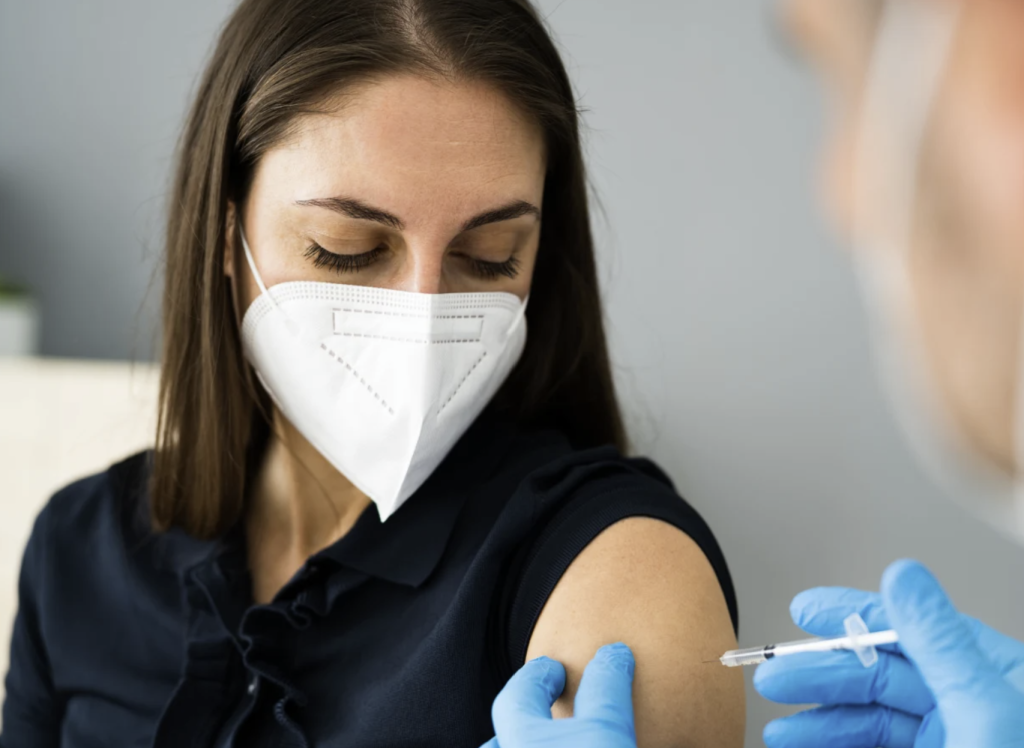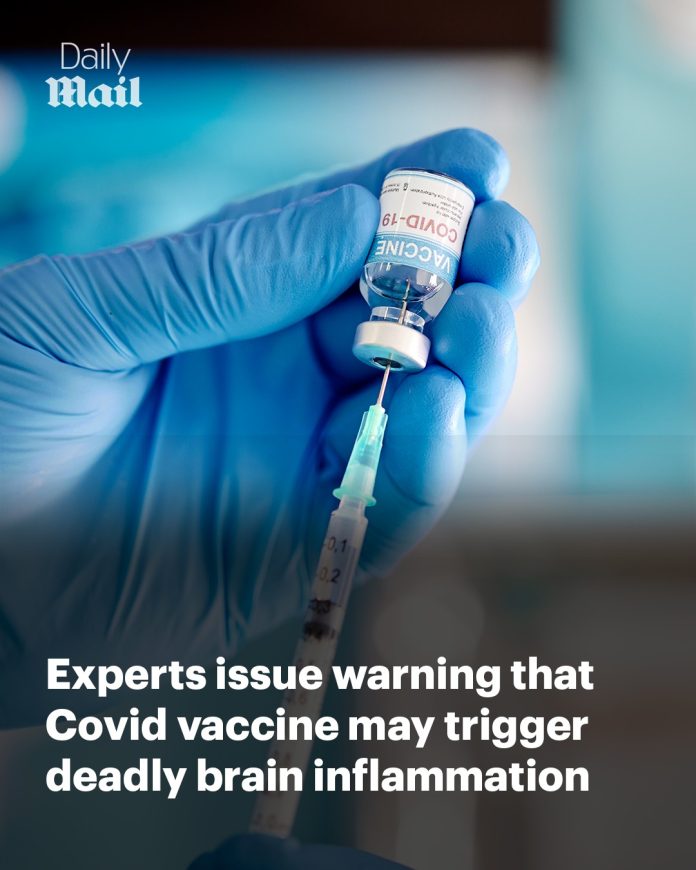Vaccination against COVID-19 has played an indispensable role in reducing hospitalizations and deaths worldwide. However, as with any medical intervention, rare adverse reactions can occur. One such concern that has emerged is the potential for brain inflammation—ranging from encephalitis (inflammation of the brain) to demyelinating disorders—following a single dose of a COVID-19 vaccine. While extremely uncommon, these incidents have prompted closer scrutiny and ongoing research.
What Is Brain Inflammation?
Brain inflammation, or encephalitis, occurs when the brain’s immune system becomes active and causes swelling. Symptoms may include headaches, fever, confusion, seizures, dizziness, vision changes, or limb weakness. In demyelinating conditions such as acute disseminated encephalomyelitis (ADEM) or transverse myelitis, damage occurs to the protective covering (myelin) around nerve fibers, leading to neurological symptoms like numbness, paralysis, or coordination difficulties.

Reported Cases After COVID Vaccination
Although the vast majority of vaccinated individuals experience only mild side effects like soreness or fatigue, very rare cases of central nervous system (CNS) inflammation have been reported following mRNA vaccines (Pfizer, Moderna) and viral-vector vaccines (e.g., AstraZeneca). A review of several case studies revealed instances of brain or spinal cord inflammation occurring within days to weeks after vaccination. Symptoms varied—from visual disturbances to limb weakness—and MRI scans showed evidence of demyelination. One case involved relapses of multiple sclerosis or new onset of neuromyelitis optica after vaccination in individuals predisposed to such autoimmune conditions .
A large global safety study with nearly 100 million individuals confirmed that specific neurological conditions like ADEM and transverse myelitis could occur after AstraZeneca vaccination, but only at exceedingly low rates—about 0.78 and 1.82 cases per million doses, respectively. Importantly, the risk of similar or worse complications is far higher from natural COVID-19 infection.
Balancing Risks and Benefits
These vaccine-related neurological events are extremely rare. In comparison, SARS-CoV-2 infection itself frequently causes direct damage to the brain and nerves, through mechanisms like widespread inflammation, blood-clotting disorders, and demyelination. Conversely, the protective benefits of vaccines—preventing critical illness, long COVID, and transmission—far outweigh the risk of rare side effects for nearly all individuals.
Health experts consistently reinforce that the overwhelming majority of recipients will experience no severe reactions. Regulatory agencies and global health systems continue to monitor vaccine safety using passive and active surveillance, ensuring any unusual patterns are studied promptly and thoroughly.
Who Might Be at Slightly Higher Risk?
Certain individuals—such as those with a history of autoimmune neurological disorders (e.g., multiple sclerosis, neuromyelitis optica)—may face slightly elevated risk for flare-ups or new inflammatory episodes following vaccination. That said, well-managed disease and consultation with a healthcare provider can help ensure safe vaccination strategies, often supported by treatment with steroids or other immune-modulating therapies.
What Should You Watch For?
Symptoms of CNS inflammation after vaccination are typically noticeable within two to three weeks. These signs include:
- Persistent or intense headaches
- New muscle weakness or numbness
- Blurred vision, double vision, or visual loss
- Mobility issues or coordination problems
- Confusion, personality changes, or seizures
If you experience any of these symptoms, seeking immediate medical attention is essential. Early diagnosis through neurological assessment and MRI scanning can dramatically improve treatment outcomes.

Fortunately, many reported cases have responded well to corticosteroids, plasma exchange, or other immune-focused treatments, with patients largely recovering baseline function. However, these instances remain rare exceptions.
Researchers continue to investigate the underlying mechanisms—such as molecular mimicry (where immune responses to vaccine components inadvertently target similar self-antigens) and inflammatory processes—to identify risk factors and improve vaccine design .
Brain inflammation following a single COVID-19 vaccine is an extremely rare event. While vigilance and awareness are essential, it should not overshadow the overwhelming benefits of vaccination. If you have a history of neurological or autoimmune disorders, consultation with your healthcare provider can help tailor a safe vaccination plan. Ultimately, vaccines remain the safest pathway to personal protection and public health—helping to prevent serious outcomes far more often than they cause them.

















